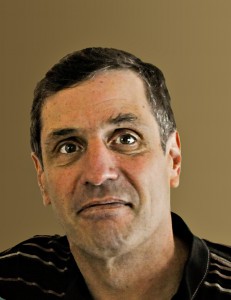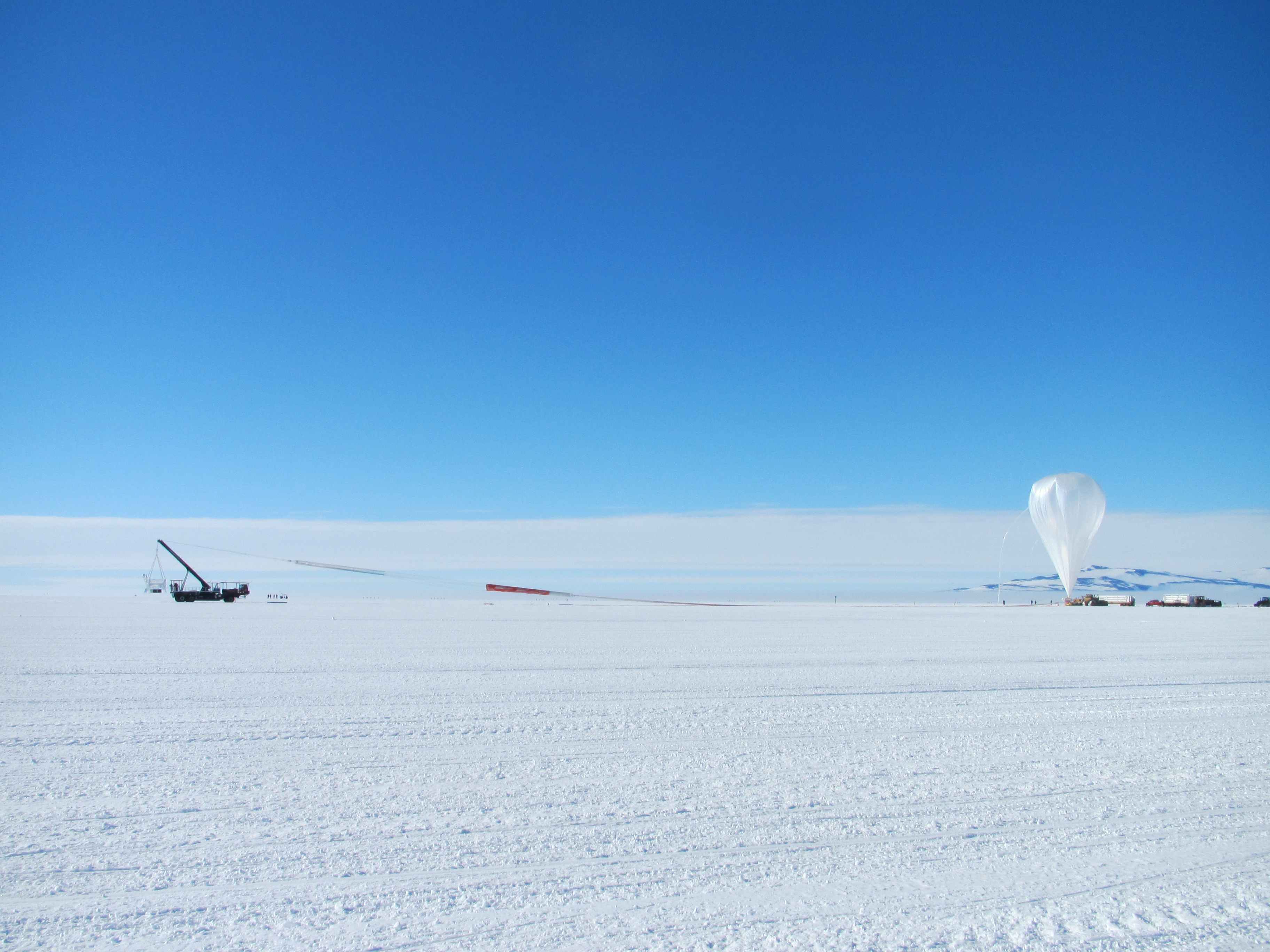
Don Cohen, Managing Editor
One of NASA’s stated goals is to “expand scientific understanding of the earth and the universe in which we live.”  Advancing science has been a primary aim of the agency’s from the beginning; its contributions to science are too numerous and varied even to begin to list. This issue of ASK includes several articles that focus not on the science itself, but on how much NASA’s scientific accomplishments depend on close cooperation among the scientists, engineers, and managers who share responsibility for its missions.
Advancing science has been a primary aim of the agency’s from the beginning; its contributions to science are too numerous and varied even to begin to list. This issue of ASK includes several articles that focus not on the science itself, but on how much NASA’s scientific accomplishments depend on close cooperation among the scientists, engineers, and managers who share responsibility for its missions.
In his “From the Academy Director” reflections, Ed Hoffman describes the conflicts among those groups in the first project team he worked with as a new hire at Goddard—how hard they found it to function as a team. Recognizing that essential work happens when these communities interact, he quickly saw the importance of bringing them together around the one goal they shared: a successful mission.
Jeffrey Hoffman, the subject of this issue’s interview, is a Massachusetts Institute of Technology scientist and a veteran astronaut who has helped explain some of the benefits and limitations of research in space to scientists and clarify science needs to astronauts and operations staff. He talks about the change in focus and operational flexibility needed to realize the International Space Station’s great potential for scientific discovery.
It is hard to imagine a more vivid demonstration of scientific discovery hinging on excellence in engineering and management than Daniel Andrews’s story of LCROSS’s “bad day,” when an unanticipated expenditure of propellant almost ended the spacecraft’s mission to measure water ice in a crater at the moon’s south pole. And the NEAR story (“Rendezvous with an Asteroid,” by Andrew Cheng) takes us back to the scientific and engineering challenges and accomplishments of NASA’s first Discovery Program mission—a demonstration of how much can be done on a relatively tight budget when the team is dedicated, ingenious, and united.
In “Putting the Science Back in Rocket Science,” Glen Robertson argues for a refocusing on science—devising and testing new ideas—in the field of rocket propulsion, which he believes has been dominated in recent years by an engineering emphasis on reliably putting old ideas into practice.
Some of the articles here are not explicitly about science, but they touch on the essential elements of cooperation that have made and will continue to make NASA science possible. Jim Hodges’s report on the Dream Chaser and Haley Stephenson’s story about keeping space station operations going during Hurricane Ike—as well as pieces about wiki use at NASA, decision-making styles, and encouraging systems thinking—illustrate, in different ways, the importance of communication and the sharing of expertise. Most of all, they show the importance of a shared passionate commitment to mission success.
Write to the Author
- Contact Don Cohen
More Articles by Don Cohen
- In This Issue (ASK 43)
- Interview with Steven Smith (ASK 43)
- In This Issue (ASK 42)
- Interview with Rüdiger Süß (ASK 42)
- Applied Knowledge: NASA Aids the Chilean Rescue Effort (ASK 41)
- + View More Articles






